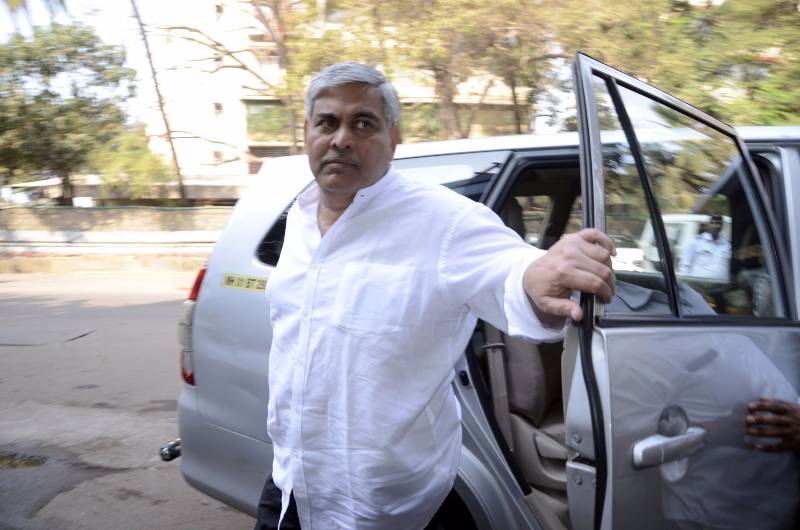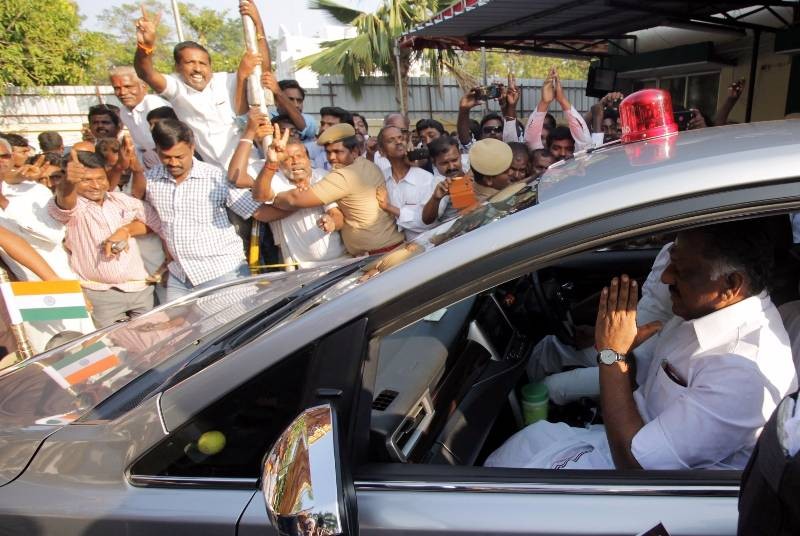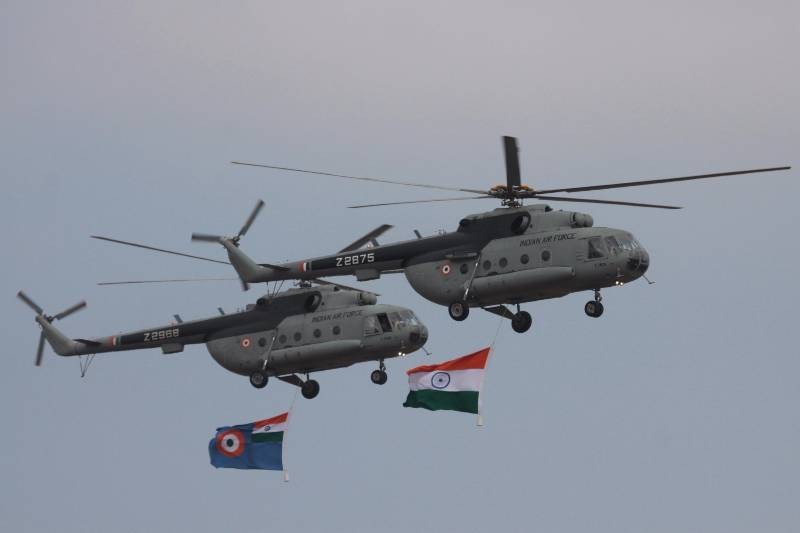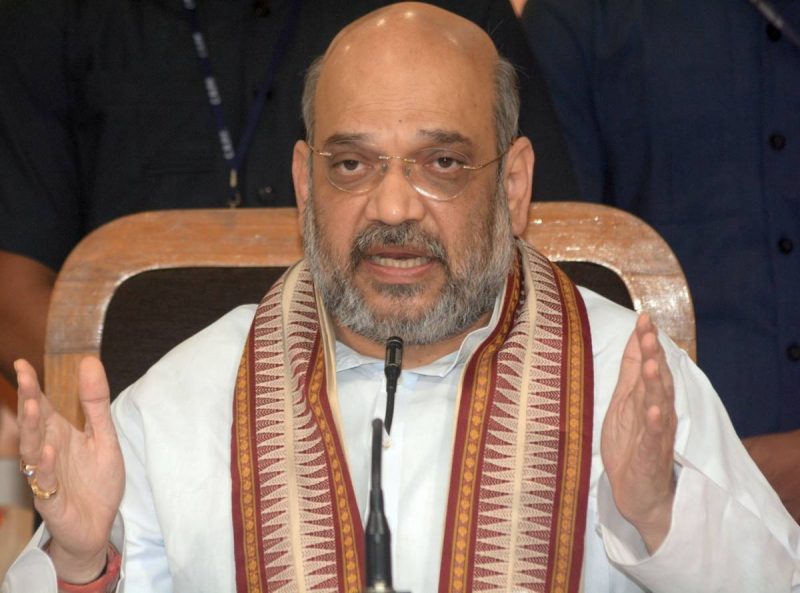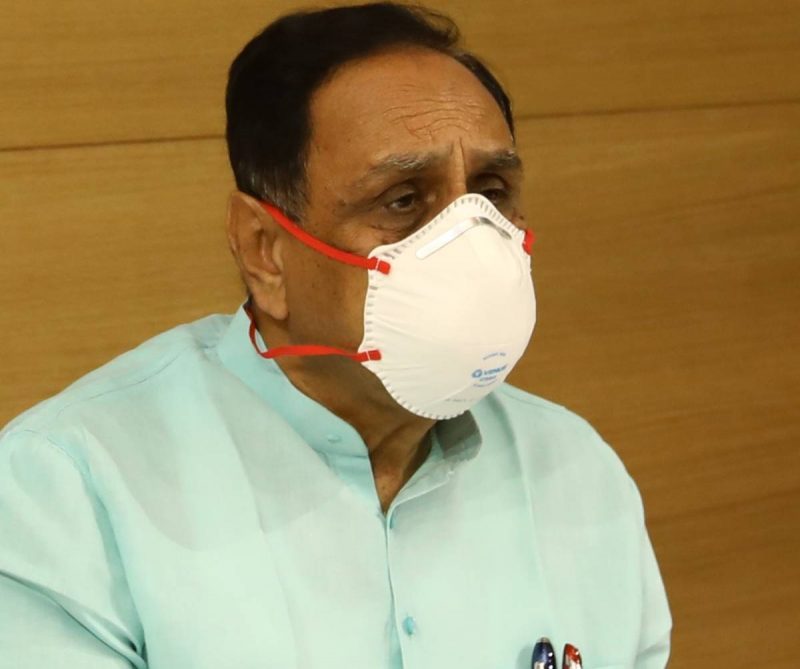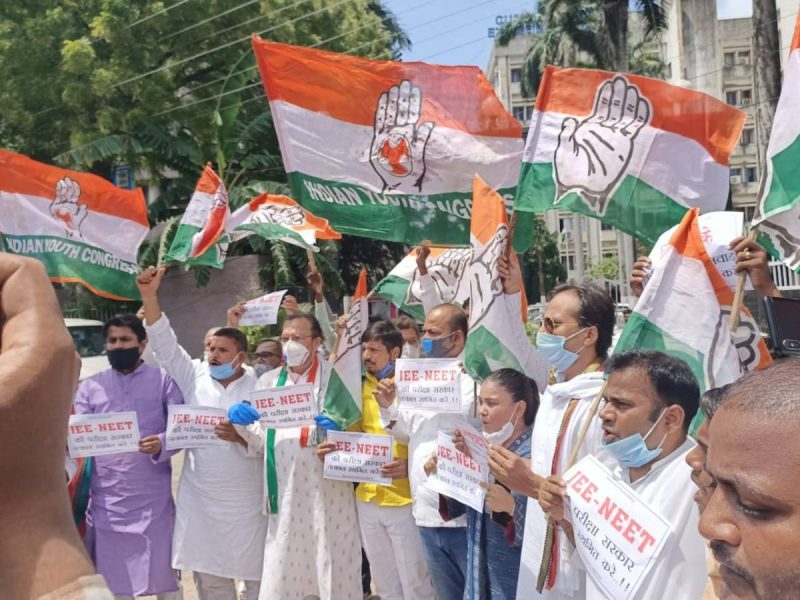If what the so-called Big Three of the International Cricket Council (ICC) did in 2014 over revenue sharing was discrimination, then what the apex body of the sport is doing over the issue today under its new dispensation is also questionable if not downright prejudiced….writes Veturi Srivatsa in his Column: Just Sport
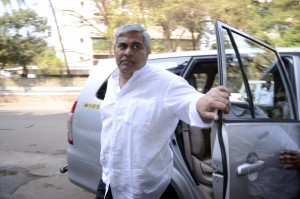
Might has always been right in the International Cricket Council!
While the ICC and its financially most powerful member, the Indian board, may quibble over whether or not the revenue sharing parameters used in 2014 were scientific or even arrived at analytically, both can logically argue their viewpoints.
If Narayanaswamy Srinivasan as ICC Chairman saw the revenue sharing formula on the basis of money generation by India, England and Australia as legitimate, under another Indian chairman, Shashank Manohar, the ICC is equally forceful in asserting that the Big Three must uplift all member-countries of the ICC with reasonable and fair distribution of the revenues.
To be fair to Shashank, his stand was not exactly a change of heart after taking over as independent Chairman of the ICC. He was unhappy with the formula even in 2014.
Without going into the calculations of billions and millions of dollars the ICC earns or the Indian cricket board’s contribution to it, the simple explanation to the current tussle is: Under the 2014 distribution formula, the Indian board would have earned a little over 20 percent of the revenue and some 33 percent on the surplus. In the reworked distribution formula, India will get 10 percent of revenue and 15.3 percent of surplus.
Now, see the two formulae and it can be argued equally convincingly both for and against it just as it was done by the Justice Rajendra Mal Lodha Committee and the Indian board over the governance model for the cricket administration.
If the Indian board is adamant that its returns from the ICC must be in tune with what revenues it brings to the world body, the rest of the world, now including England and Australia, feels that the ICC is not a corporate empire to run on competitive profits.
The three Indian board officials who attended the ICC meetings in Dubai in the first week of this month included high-profile banker Vikram Limaye, who had barely been appointed to a four-member Committee of Administrators (COA) by the Supreme Court to enforce the Lodha panel recommendations by July.
Limaye knows how businesses are run and what makes business sense. Like good old editorial writers, he would say that “much can be said for both”, referring to a trust deficit between the ICC member units and the Indian board.
Limaye more or less agrees with Shashank and other protagonists that the approach should be collaborative and not confrontational and that it should help smaller member-countries grow.
What transpired at the Dubai meeting is just loud thinking. The ICC will have another opportunity to go into the nitty-gritty of the new formula in April before the vote on it comes in June.
As things stand, India in its stand appears to be isolated with only Sri Lanka standing by it and the other seven full members opposing it, including the co-authors of the 2014 formula England and Australia, who are having a rethink. If abstained Zimbabwe joins the majority, the game is up for India.
India can still block the move for new revenue sharing formula to be adopted by the ICC if it can convince at least two members to change their mind.
Like a good banker, Limaye is going to study the figures and he will surely come up with some interesting changes in the new formula. Anything coming from India will be read in its fine print!
The revenue-sharing issue overshadowed more critical cricket points discussed at the meeting, like the nine-team Test league over a two-year period and a 13-team One-Day International (ODI) league over three-year period as a qualifier for the 2023 World Cup. Also, a regional Twenty20 competition as a qualifier for the ICC World T20I.
The Decision Review System (DRS) will be used at the June Champions Trophy and the grounds will come for close scrutiny, particularly pitches, and a system of demerit points will be introduced, leading to suspensions from 12 to 24 months depending on the gravity.
So, it is not all money and politics, the ICC takes cricket also seriously!


